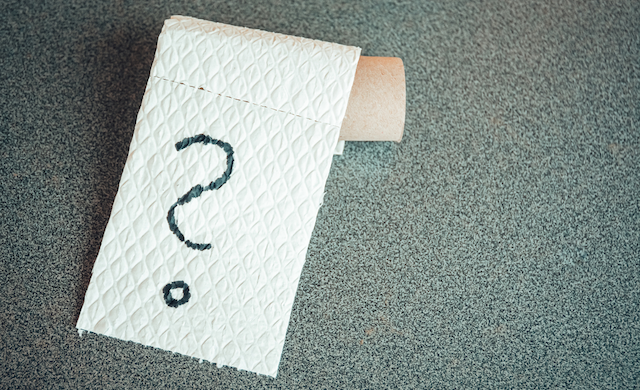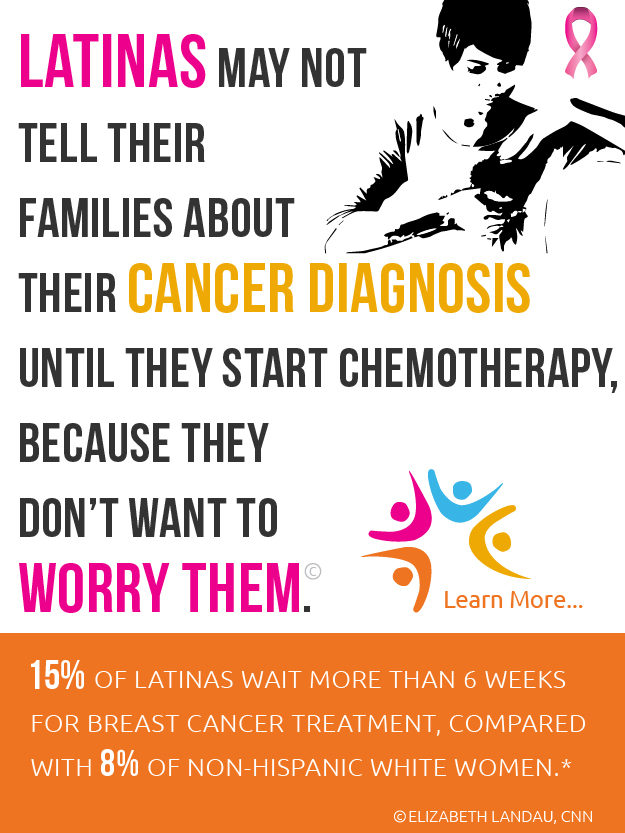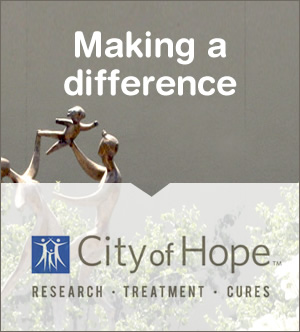
Your coronavirus questions answered. How is it different from the flu? Can kids go outside to play during 'social distancing'?
03/18/2020 06:00AM | 3493 viewsby Tom Avril and Marie McCullough
The U.S. as of Saturday afternoon has reported 51 deaths and more than 2,500 confirmed cases of coronavirus illness, dubbed COVID-19, across the country. Cases in Pennsylvania and New Jersey are increasing rapidly and now number in the dozens. A Bergen County man died of complications of the virus, officials announced Tuesday.
Most patients have mild symptoms — including fever, cough and some breathing difficulties — but the illness can be deadly, especially for older people, smokers, and those with underlying health conditions.
Here’s what you need to know about the outbreak. If you have additional questions, ask them in the comments section and we’ll do our best to get them answered.
The kids are home from school because of coronavirus, and the places they usually hang out are closed. Are they safe to play outside? What about at the playground? Are playdates okay?
Experts say social distancing is the best weapon against the spread of COVID-19 — defined as keeping six feet away from another person. Children experience much less severe symptoms from COVID-19 than older people, though they can carry and spread the virus.
The Inquirer Coronavirus Newsletter
Science-based coverage sent daily to your inbox — all facts, no panic
And wherever social distancing can be practiced, kids can go. “We don’t have to go crazy,” said Joe Aracri, system chair of pediatrics for Allegheny Health Network. “We just want to be careful.”
A few examples: Going to a library to check out a book “while monitoring hand hygiene” would be fine, said John Williams, chief of the division of pediatric infectious diseases for UPMC Children’s Hospital of Pittsburgh, though he wouldn’t recommend participating in a library story time with a group of children.
Similarly, “A small playground with lots of young children touching surfaces is probably not a great idea,” said Williams. “Young kids just aren’t developmentally able to think about where they put their hands and keeping them cleaned often.”
A quieter playground or a park large enough to have space in between children is perfectly acceptable, he said, as is a hike in the woods or a backyard.
Aracri said that small playdates are fine, as long as none of the children are sick.
At this time, he would consider even just a runny nose in a child to be a reason to keep them at home. “COVID-19 in kids is very mild — most kids get it and don’t even know they have it,” he said. “During this time, I would say it’s better to be overly cautious.”
As for sports, he said, it would depend on the size of the team and the location. An outdoor soccer practice for teenagers is different than a crowded preschool gymnastics class.
“Outside events are usually a lot safer — as long as everyone on the team is well, they should be OK,” he said. “An indoor event I would probably avoid.”
Families can go out to eat, said Aracri, who cautioned against something like a McDonald’s PlayPlace or a buffet.
I keep hearing people say this is just another flu. What’s the difference?
Seasonal flu and coronavirus are caused by different viruses. That matters a lot here because this coronavirus is novel -- meaning people have not encountered it before and don’t have immunity to it.
Social distancing, which nearly everybody should be observing, is a key measure to slow down the spread of the virus, which means both less of a patient surge for scarce hospital resources, and in the long run, fewer people becoming ill.
Another key difference: though many Americans incorrectly think they don’t need one, you can get a seasonal flu vaccination. This is reformulated every year to combat the viruses that scientists expect to be prevalent, so you need one every year. It’s far from perfect, but it is much better than nothing. Seasonal flu is now waning, but people are still getting it.
There is no coronavirus vaccine, and despite some reports to the contrary, one is at least a year away, if not more. It’s also hard to get tested for coronavirus for all kinds of reasons. Flu tests are easy to come by.
As for symptoms, those infected with influenza virus commonly experience muscle aches and fatigue. Those infected with the new coronavirus experience mostly respiratory symptoms, similar to pneumonia in more serious cases.
Reports from other countries indicate that the coronavirus is deadlier than seasonal flu. Time will tell what will happen in the U.S., but officials have noted that regular flu has killed more than 20,000 Americans so far this season.
Is it safe to go to hospitals where they are treating coronavirus?
PJ Brennan, Penn Medicine’s chief medical officer, replies:
“We understand the news that patients in the Philadelphia area have tested positive for COVID-19 disease may be concerning. Penn Medicine is fully prepared to evaluate and treat patients with this disease, while taking the strongest possible precautions to ensure the health and safety of all other patients, their families, and our staff.”
Like other hospitals in the area -- and as each day goes by, more and more are treating coronavirus patients, Penn has instituted new policies to protect patients. Nursing homes and elder facilities are doing the same. These protocols include tightly restricting visitors to inpatient areas, and screening those who do visit for any possible exposures or symptoms. Call before you go to see a loved one, and be prepared for the rules to change, as this is a rapidly changing situation. If you have a long-standing appointment for a check up or treatment that is not urgent, also check before you go, as some health care facilities may want to postpone if possible.
In all cases, stay in touch with your care providers.
“Patients who have specific concerns about their health – such as those who are elderly or who have chronic conditions – or personal situation should contact their physicians for more guidance," Brennan said. "To protect other patients and Penn Medicine and staff, patients who have respiratory or flu symptoms are asked to call their doctor’s office ahead of time before any regularly scheduled visits or when seeking care for new issues.”
What do you do if you have the symptoms?
Call your physician, or call your nearest emergency department and speak to a medical professional and ask for guidance. You don’t want to just show up, because if you do have the virus, you could spread it to others.
What are physicians supposed to do if they encounter a suspected case of coronavirus?
The U.S. Centers for Disease Control and Prevention has issued guidance, as has the Philadelphia Department of Public Health. The city has sent advisories to area physicians on the protocol for caring for such patients. Here’s a summary:
- Patient is given a surgical mask and moved to a private room, preferably an isolation room with ventilation that prevents airborne dispersion of the virus.
- Case is reported to facility’s infection specialist and the health department.
- Testing for 2019-nCoV (the scientific name for this type of coronavirus) once was only coordinated through state and local health departments with the CDC, but now private companies have started testing. But not nearly enough tests are being done to contain the virus. The U.S. Food and Drug Administration has promised that testing capacity be ramped up as it has been authorizing the emergency use of commercial tests.
How can you protect yourself?
The CDC recommends these hygiene measures that will help protect you from all airborne viruses:
- Wash your hands often with soap and water for at least 20 seconds. Use an alcohol-based hand sanitizer that contains at least 60% alcohol if soap and water are not available.
- Avoid touching your eyes, nose, and mouth with unwashed hands.
- Avoid crowds. Maintain a distance of at least six feet with people outside your home. Coronavirus symptoms don’t have to be present for a person to carry the virus, and spread it.
- Stay home when you are sick. In a family in which one member is ill and the others are feeling well but under quarantine, it’s best for the sick person to stay in their own room as much as possible.
- Cover your cough or sneeze with a tissue, then throw the tissue in the trash.
- Clean and disinfect frequently touched objects and surfaces.
Should you wear a mask?
Almost certainly not. Many masks will not filter out the virus — except for those of high quality, such as a variety called N95. And those are generally not recommended for everyday use. Instead, they are needed in health care settings, where viral particles can become “aersolized” — broken into tiny particles when patients are intubated or put on a respirator.
The CDC and WHO recommend the same protective measures you’d use to keep healthy during any cold and flu season: Wash your hands frequently, cover your sneezes, stay home if you’re sick.
Who is getting coronavirus worldwide?
China, where the virus emerged in December, is still the epicenter, but the number of new cases in China has been tapering off, while the number of cases in other countries has been growing each day.
Johns Hopkins University researchers had tallied more than 111,000 cumulative cases worldwide as of Monday, including patients who have recovered. Although many cases are mild, there have been nearly 4,000 deaths. The Johns Hopkins totals are drawn from the Geneva-based WHO and other governmental sources.
Can someone with no symptoms give somebody else coronavirus?
Yes. Several medical journal articles have documented such cases, and the CDC has said it believes asymptomatic transmission occurred among evacuees from the Diamond Princess, based on the rate of new infections. What’s more, the rapid spread in Washington and California points to person-to-person transmission.
Asymptomatic transmission is possible because people can “shed” certain viruses they are carrying without feeling ill.
Still, experts say the coronavirus is more easily spread in droplets from coughs or sneezes of infected, symptomatic people.
Can a pregnant woman transmit the virus to her baby?
A report in a state-run Chinese newspaper said an infant was diagnosed 30 hours after birth, raising fears of transmission in the womb. This possibility has not been confirmed, and Chinese media has also reported an anecdotal case of a woman infected with the coronavirus who gave birth to an uninfected baby.
A study published Feb. 12 in the Lancet followed nine pregnant women in Wuhan who had pneumonia caused by coronavirus infections. The study concluded there is currently no evidence that the virus can be passed from mother to child late in pregnancy. Another study that followed nine pregnant, COVID-19-infected women in China found none of their newborns were infected.
In any case, it is possible for a mother to pass a disease-causing virus to her baby immediately before or after birth. This “perinatal transmission” can occur across the placenta, in the breast milk, or through direct contact during labor and delivery. The Zika and AIDS viruses, among others, have been transmitted this way.
Where did coronavirus come from?
The microbe is believed to have originated in a large live-animal market in Wuhan. Genetic sequencing suggests the virus may have jumped from a bat. Evidence suggests the virus originally could be transmitted only from animal to animal, but gained the ability to “jump” from animal to human, and now is being transmitted between people.
Who is most at risk?
As with most respiratory illnesses, health experts suspect the greatest risk is faced by older people and anyone with compromised immune systems. However, there have been fatalities among younger, healthier people, including Li Wenliang, the 34-year-old ophthalmologist, who was reprimanded by Chinese officials after warning about the disease in December.
Evidence suggests that the new virus, like other members of the coronavirus family, is carried no more than several feet through the air by droplets from coughing or sneezing. But no one yet knows how long the virus survives on surfaces such as phones and desks.
So far, the infection appears to be mild in children, for reasons that are unclear.
Is there a vaccine for coronavirus?
There is no vaccine for the new coronavirus but pharmaceutical companies are working to create one. Inovio Pharmaceuticals Inc. in Plymouth Meeting announced on Jan. 23 that it received a grant of up to $9 million to rapidly develop a vaccine. The company has partnered with Philadelphia’s Wistar Institute. Johnson & Johnson is also working on a vaccine, which the company believes will be ready for human testing in the next eight to 12 months. Gilead Sciences Inc. in California is also developing a treatment drug called remdesivir which is due to start clinical trials and which the Chinese government is attempting to seek a patent on, despite it being developed in the U.S.
Last week, Congress struck a deal on a $8.3 billion bipartisan emergency funding package to fight the coronavirus outbreak. The sweeping agreement allots $3 billion for research and development of a coronavirus vaccine.
Why is it called a coronavirus?
Coronaviruses are a large family of viruses, including those that cause SARS, MERS, and some forms of the common cold. They are so named because the particles have rounded protrusions on their outer edge, resembling the fringe-like corona in a solar eclipse.











Post your Comment
Please login or sign up to comment
Comments